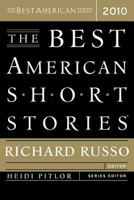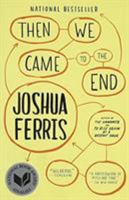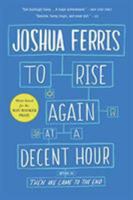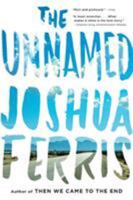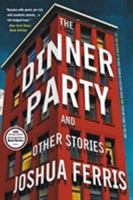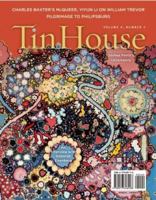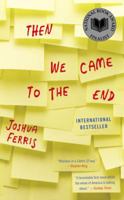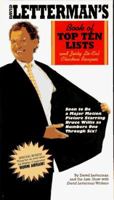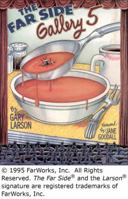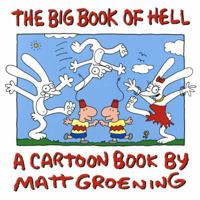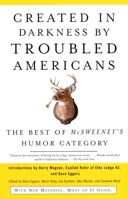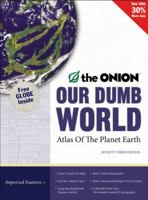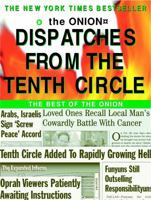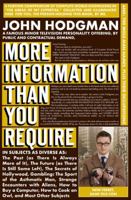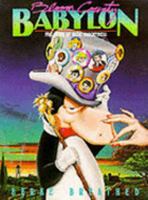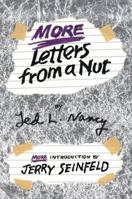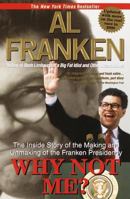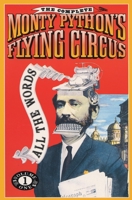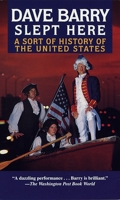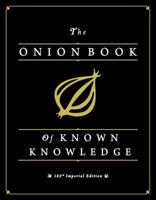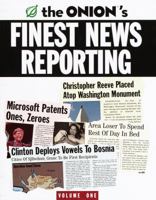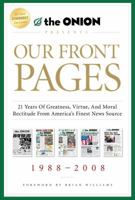Life After Grief: How to Survive Loss and Trauma (Strategic Christian Living)
Select Format
Select Condition 
Book Overview
At one time or another we all will all experience loss and grief.
It may be the death of someone close, a divorce, the loss of a job, a miscarriage, a chronic illness, an injury, or any number of traumatic events.
Life After Grief offers an understanding of the experience of loss and grief, and lays out pathways of healing for those who are hurting, and advice for those trying to help those who mourn.
The authors address questions like:
- What is happening to me? - Why is this happening to me? - How long will this take? - Where is God in all this? - What can I do to help myself? - How can I turn from being a victim to becoming a survivor?Getting through grief is not just about answering questions, however. Those who grieve need ways to cope, ways to hold on, ways to know they are not alone. And they need ways to find the comforting presence of God. The book also deals with the severe forms of loss we call trauma.
Life After Grief also offers practical ways to move through the process of grieving, like:
- Tension-reducing strategies. - Strategies for staying present-focussed. - Strategies for changing troublesome thoughts.Life After Grief not only offers a lifeline for those who mourn, but also provides an understanding of the dynamics of grief to friends and family helping the person dealing with loss.
Mel Lawrenz (Ph.D., Marquette University) is minister at large for Elmbrook Church in Brookfield, WI, and director of The Brook Network (www.thebrooknetwork.org). Daniel Green (Ph.D., University of Arkansas) is clinical director of New Life Resources, Inc. in Brookfield, WI.
You Might Also Enjoy
Customer Reviews
Rated 5 starsPerefect Gift for Intelligent Friends of Any Political POV!
God bless the Onion! Nothing and no one is sacred or left unscathed. I have given this to firends who are communists, democrats, republicans, evangelicals, etc. Anyone with a sense of humor and some knowledge of history will love this!
0Report
Rated 5 starsExcellent Silliness
The more you know and pay attention to the news the funnier this book will be to you. It not only skewers the news makers and their pomposity, but more importantly it shoots barbs at the news reporters who deserve it equally as much. I like to read a couple of the articles at a time so that I can savor them. Highly recommended.
0Report
Rated 5 starsThe funniest book I have ever read
Good satire/comedy is a difficult task. It is not enough to just have a good idea or opening line, and then let that try to carry the day. Our Dumb Century succeeds where many have failed: the satires are hilarious from beginning to end. Great satirists know how to work with a kernel of truth and give it hilarious angles and take it to absurd places. The authors know their history and have a knack for latching onto some...
0Report
Rated 5 starsFunny beyond belief
_Our Dumb Century_ had me rolling-on-the-floor, gasping-for-air, ecstatic with laughter. This is the funniest book I've read for years.The headlines are clever, clever, clever. What separates this great humour book from a lesser one is that the faux news stories themselves--the text under the headlines--is just as funny as the initial joke. These people are trenchant comics and masters of deadpan parody.Buy this book...
0Report
Rated 5 starsExcellent satire of our past century
By far one of the most ingenious books to be published in recent times, Our Dumb Century successfully weaves the incredulous course of events of our twentieth century with a dry, subtle, sarcastic, daring, provocative, and profound sense of journalistic humor found in none other than The Onion. The result is absolutely hilarious to say the least.No important event is immune from the harsh, spirited bite of The Onion's...
0Report













